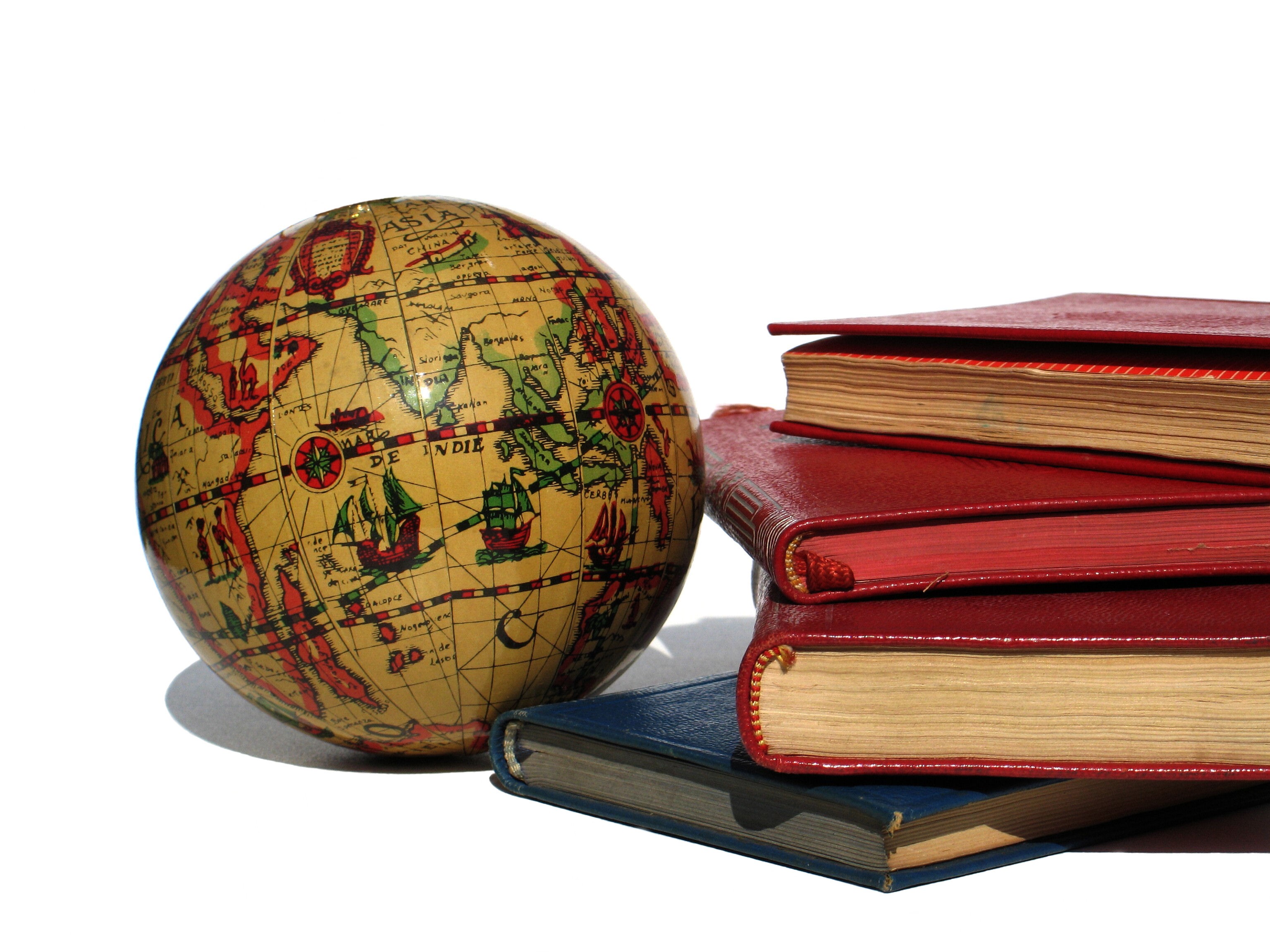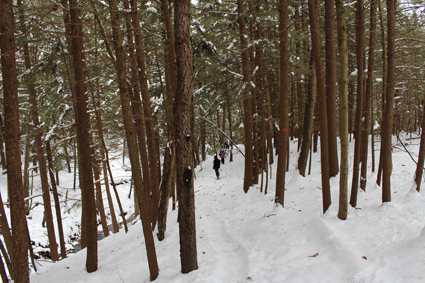Rededicated homeschooling
We’re going to continue homeschooling if at all possible. I even have my curriculum wish list made for next year.
Every year, I face questions. At the start of this year I rededicated myself to the homeschooling endeavor with the renewed realization that much of it depended on me. Now I’m rededicating myself again, having gone around the cycle of thought at yet another level. I posted some of my in-process thinking a few days ago. Here are some of those lines of thought as I’ve carried them out so far. I feel like I should say very clearly, though, that these are personal conclusions, not prescriptions for anyone else:
Perfectionism:
Homeschooling isn’t perfect. There are areas where I feel we haven’t found our stride yet. I have weaknesses. They have weaknesses. We haven’t found the community we need. Sometimes I get push-back and bad attitude. Sometimes our spelling curriculum appears to have had no effect whatsoever. I don’t always know how to call out their gifts, whereas someone else might be able to. My parents loved me best, but sometimes others worked with me more effectively.
And so on. When you homeschool, there’s no one to blame but yourself, and it’s difficult to know whether they’d be having the same issues if they were educated in a different environment.
I like things to go perfectly. If they don’t, I tend to think something is very wrong. But public school is not perfect either. It’s a matter of choosing between weaknesses. I think the weaknesses of homeschooling are less potentially damaging than those of public school, and the rewards are potentially much greater — despite the weaknesses.
“I have a dream…”
Over the past few days, flickering there in the periphery of my mind is a vision. It’s always there, but I’ve been paying closer heed. It’s a vision of my girls at age 18 after learning the cycle of history 3 times, learning to write and express themselves well, developing a body of skills and knowledge that truly do equip them better than I was equipped. I have a vision of them with a mind shaped in the western liberal arts tradition, having read (some of) the “best that’s been known and thought in the world” and ranged through a diverse range of subjects from one fixed, Christian point of reference. Training their minds is not a mere intellectual thing, but a shaping of the whole person. I can imagine it.
I want that for them.
Overprotection vs. equipping:
How will I prepare my children to live in the world? Our home is not a mirror of the world outside our walls. In theory, public school as it’s manifested up the street from us is a mild dilution of the “real world.” In theory, it could serve as an inoculation (yes, I do believe in vaccinations) — a small dose of independence, tried out under our supervision and care.
In theory. That’s the key word.
It’s interesting how much the virtues of public school are a matter of theory only. My actual memories, and, I find, many people’s actual experience, is unpleasant. I remember well some of the crudeness forced upon me as a child in school. I remember the depression that hit in 6th grade, when I would fake illness to be sent home for the day. I remember the sense of colorlessness and claustrophobia of my high school years.
When we’ve survived high school, we can move to a phase where we have some control over our environments. We can choose whether we stay or go. But school is mandatory — like an incarceration. It seems like a great gift to create the possibility for my children to skip over the experience of institutional imprisonment, and seek out other kinds of venues for them to gain that experience trying their own wings.
In the process, we can be giving them the mental and spiritual tools they need to be responsibly independent. There are other ways of learning to swim than being thrown into the water.
God and public school:
Having said all that, I have to acknowledge that there are things that bother me about the dialogue concerning the public schools. The other day when I asked my young niece how she liked kindergarten, she replied, “Home better.” When I asked her what she meant, she just repeated it: “I like home better.” My mom’s comment was, “It’s the way it should be. For lots of kids, school is better than home.”
She would know. She’s retired now, but when she taught kindergarten she would (among other things) obtain free winter coats for children whose parents didn’t seem to notice or care that they were coming to school in hooded sweatshirts in sub-zero temperatures. Often she had to call the parents repeatedly to remind them to come in and sign for the coats. She loved her students; as a Christian, she brought the love of God into that school.
My father taught high school biology. As a child, I hated to go places with him, because we always got stopped by students and former students who were glad to see him and wanted to talk to him. He taught for 36 years, and he still has many students who call and come to visit periodically. He gets invited back frequently to class reunion dinners. He loved his students; as a Christian, he brought the love of God into that school.
The only way to keep God out is to extract all the Christians.
I really struggle with the for-all-practical-purposes godless notion that because Bad Things are in the public schools, God cannot be there, nor can any Christian virtues survive there. What a small god that would be… surely not the sovereign Redeemer God I worship, who has already pierced the darkness and come to earth — all of it, including public schools. I believe that God listens to our prayers and holds up His end of the bargain when we dedicate our children to Him. He is not stopped by even the most misguided human institutions.
As a Christian, I believe that the world we and our children live in, inside and outside of public school, is fallen. It has been fallen since the first chapters of Genesis, so much so that we’re barely into the story before God nearly despairs, characterizing human life as all bad, all the time. It has continued to evolve in wickedness for thousands of years. But God has redeemed it! The earliest chapters of the Bible show God protecting those who love him in the midst of wickedness: Noah, Lot, David. Of course the advent of Christ opens the way once for all for light to shine in the midst of a “darkness that has not understood it.”
I reject the notion that by sending children to school, parents are “giving them away” to someone else. We are still their parents. My husband and I are Christians, readers, thinkers, students of history, encouragers of creativity, and avoiders of television. We will continue to be all of these things whether we homeschool or not. We are responsible for helping our children to deal with life. I am not afraid of a little adversity, a little relational challenge, a little philosophical confrontation with school administrators in the course of doing that. I often think that in certain circles, the public schools are castigated for ruining our children when in fact it is the culture around it, and the granting of too many adult freedoms too young outside of school hours, that place children in waters they cannot navigate.
However.
The thing is, it’s a gamble. When they’re in public school, I do not know, I do not have any control over, my children’s environment and controlling influences during the school day. The book I’m reading is peppered with examples of schools deliberately circumventing parental authority. The point is made over and over that schools are not about teaching reading and writing and math, but about inculcating a philosophical agenda that’s quite conscious and reflects the longstanding debate over whether our children belong to their parents or to the state. I have no problem with public schools teaching my children academic skills. I have a big problem with the other lifestyle issues that have become their province.
Do I really want that debate waged on the ground of my two children’s malleable and trusting minds? That’s easy: no. To say that my parents as mature adults had an impact in the schools is one thing; to expect the same outcome from my children is quite another. It’s the difference between an armed soldier in the Coliseum, facing down a lion, and a defenseless child in the same setting.
There are good things about public school. There are some truly gifted teachers there. I believe in God’s calling and gifting, and those who are called and gifted to work with young children can add hugely to their lives. There is shelter and possibility there for kids whose home life involves abuse or crime or poverty. It remains the only expression America has of the founding fathers’ desire for an educated populace (however horrified they might be to see how its current incarnation tramples on personal liberty). (This piece touches on the subject as well.)
Should it become necessary to send our kids to school, I believe God would uphold them by his grace. He has redeemed this world, and promises to hear our prayer and take an active role in our lives. He will not abandon us, and He would not forsake our children either. But that setting is not our first choice for the nurturing of their minds and souls. For us — “for better, and for worse” — it’s homeschooling.


